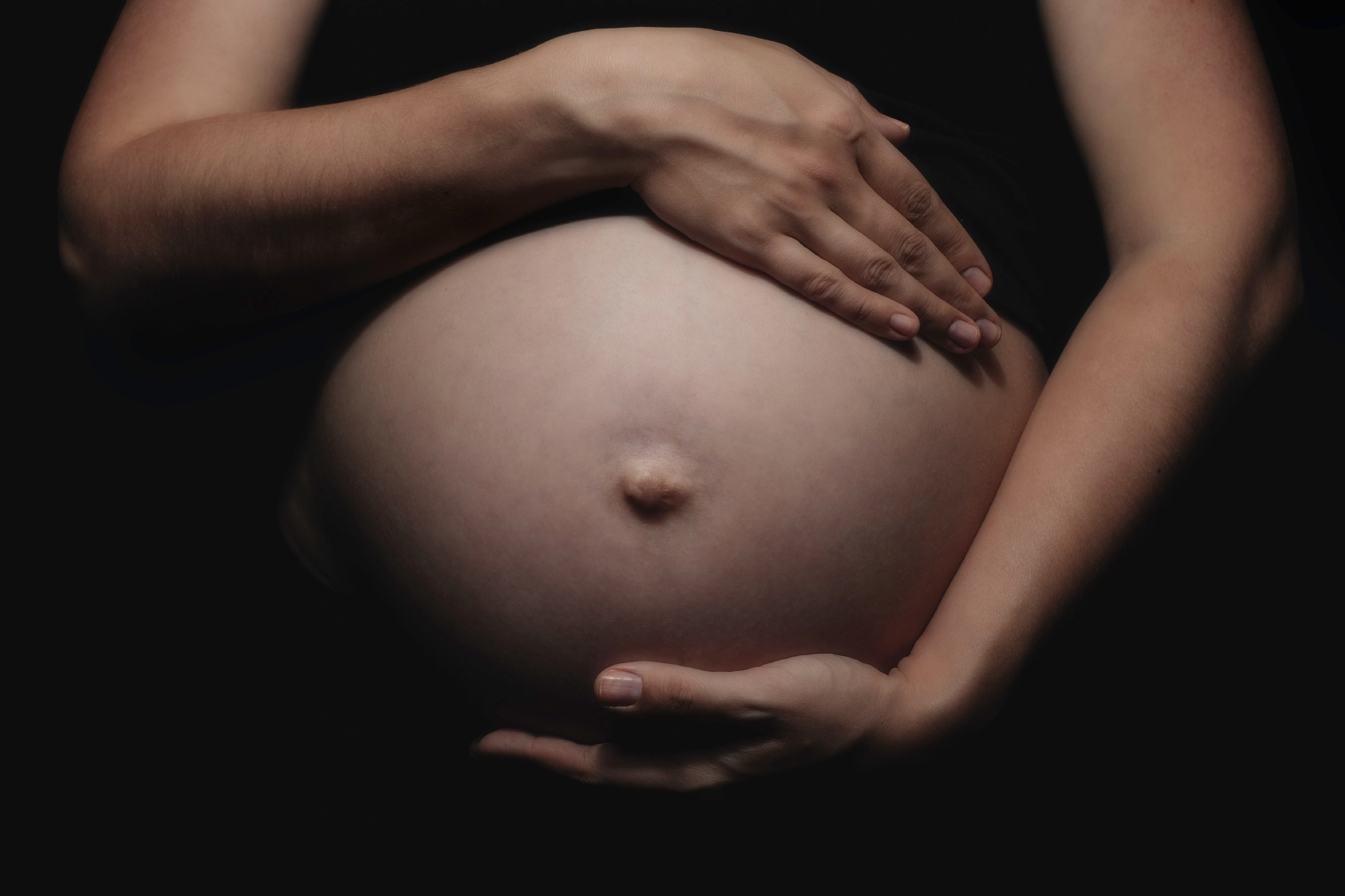A recent Spanish scientific publication in the Development journal was actively relayed by a Press agency in France. It refers to a study conducted by Carlos Simon, affiliated to Stanford University and Scientific Director of FIVI[1].
The IVI Foundation presents itself as “The first foundation in Spain devoted to basic and applied research in the area of human reproduction”, and forms “the research department and scientific arm of the IVI”. IVI is “the first medical institution in Spain to be ‘entirely dedicated to assisted reproduction’”, managing 38 clinics in ten countries. IVI was created in 1990 and since then has “helped to bring more than 100,000 children into the world” by MAP (medically assisted procreation).
This study intends to show that “the bond between the pregnant woman and the embryo leads to changes in the genome of the unborn child”. The mother “can modify the child’s genetic data even when the ovule comes from a donor” Similar findings have been recorded “between a surrogate mother and the baby”. This discovery “completely changes the paradigm of oocyte donation and surrogacy”. The authors explain that, with this discovery, “in countries where surrogacy is authorised, greater importance will be attached to the lifestyle of the pregnant woman prior to pregnancy”.
More precisely, scientists have shown that “there is interaction between the endometrium [2]and the embryo”. “Some lifestyles (…) can change women’s cells including endometrial cells (…) and trigger changes in the endometrial fluid and its secretion”.
Jean Yves Nau, doctor and journalist, views this publication as a commercial operation and an opportunity for the IVI group to “pursue the international development of its activities – activities that recognise no physical or ethical barriers”.
[1] Fundacion Instituto Valenciano de Infertilidad.
[2]Internal tissue within the womb and embryo implantation site.
Jean Yves Nau (22/09/2015)

